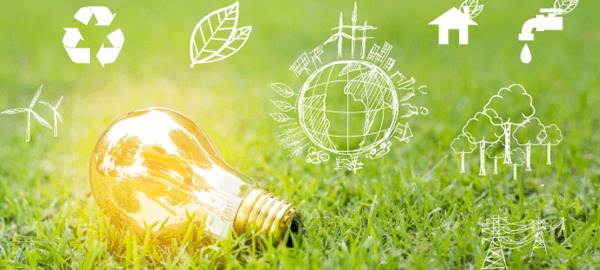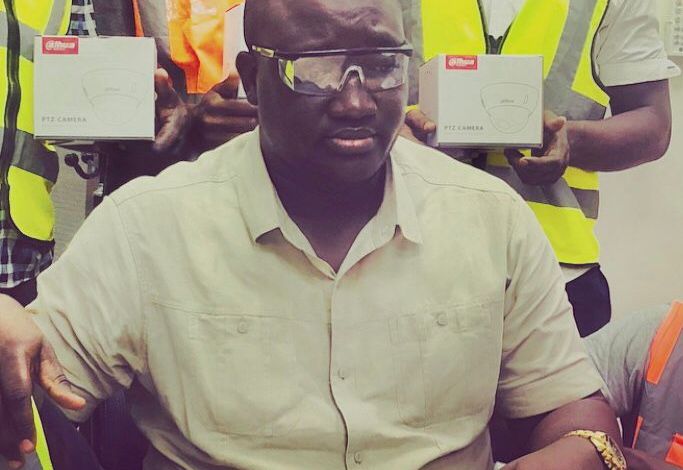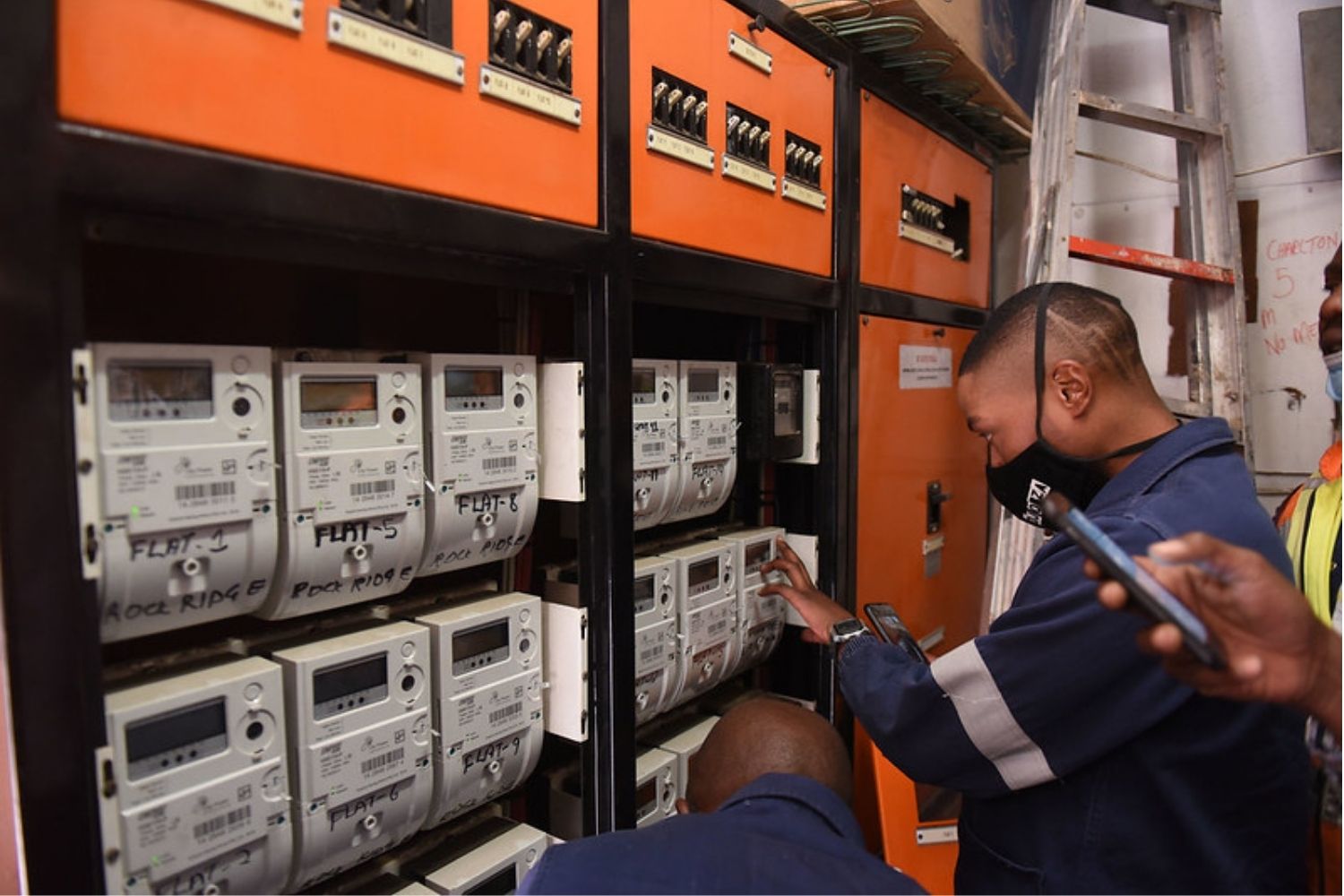
The bustling city of Accra is the scene of a quiet but remarkable transformation. The air, once thick with exhaust fumes and the hum of diesel generators, is gradually being infused with a new sense of vitality. Like in other cities across the continent, solar panels glimmer on rooftops, while vendors in the streets below advertise their wares with the help of solar-powered charging stations.
In places where power outages disrupt daily and hinder business operations, the green energy transition is not only a step towards a more sustainable future, but also a lifeline that offers tangible improvements to the daily lives of millions.
In Africa’s energy crisis, one needs to add climate change concerns to the acute problems of lack of access to electricity for half the population, the urgent need of industrialisation and the health consequences of traditional cooking practices. We are talking about a grave threat to the continent’s future.
Africa, home to one-sixth of the global population, accounts for less than six percent of global energy consumption and a mere two percent of cumulative global emissions. Paradoxically, Africa suffers the harshest impacts of climate change while receiving less than two percent of all renewable energy investments worldwide. This stark reality underscores the high stakes involved in achieving a sustainable energy transition across the continent.
The time has come to prioritise Africa’s sustainable energy transition and unlock its vast potential. Ghana’s 2019 Renewable Energy Master Plan sets out to increase the amount of renewable energy in the national energy generation mix from 42.5 MW in 2015 to 1363.63 MW in 2030, around 10% of the total energy needed. To achieve this goal, the country is investing in wind, solar, hydro, and biomass projects, and has attracted significant international investment in its renewable energy sector. Many other African countries have yet to start sustainable energy transitions, due to inadequate financing and poor regulatory frameworks.
Africa’s growing population and rapid urbanisation means that the green transition is not optional: the development ambitions in Agenda 2063 cannot be achieved without it. The continent boasts abundant resources for renewable energy, including solar, wind, and hydro power.
By transitioning to cleaner energy sources, Africa can create millions of jobs, drive economic growth, and improve public health. The connection between trade and the green transition also requires attention, particularly in the context of the African Continental Free Trade Agreement.
Green transition and energy access are part of the EU’s strategic alliance with Africa, working towards resilient infrastructure, cleaner, more sustainable, and secure energy access.
The joint objective of both Africa and Europe is ensuring access to affordable, reliable, sustainable, and modern energy for all, under Sustainable Development Goal number seven.
While there rightly is a lot of attention for utility-scale renewable energy, we should not overlook issues like off-grid solutions for electricity access and clean cooking.
Distribution companies across the African continent need to become more financially viable, and there is a need for more transmission network interconnections and energy efficiency.
African countries themselves hold a critical role in securing finance for the energy transition.
They can accomplish this by establishing an enabling environment for private sector investments, including regulatory frameworks and fiscal policies.
Moreover, building capacity for project preparation and designing bankable projects capable of attracting investments should be a top priority.
However, the onus also lies on affluent nations.
Climate change is a global challenge, requiring advanced economies’ support for less advanced ones in their pursuit of a net-zero future. In addition to financial assistance, technical expertise is needed to help African countries.
Africa’s successful energy transition hinges on overcoming significant hurdles such as financing gaps, inadequate infrastructure, and regulatory obstacles.
That is why international partnerships, together with research, innovation and training programmes are vital. By convening critical stakeholders and equipping professionals with the necessary tools, universities can expedite the transition towards a sustainable energy sector in Africa, thereby unlocking the continent’s full potential.
Recognising this pressing need, the European University Institute’s School of Transnational Governance, the African Capacity Building Foundation, the University of Ghana’s Institute of Statistical Social and Economic Research (ISSER) and the African School of Regulation are joining forces. From 5-7 July 2023, in Accra, Ghana, the partners will host a conference and executive training programme, that will bring together West-African senior and mid-career professionals to delve into key issues related to Africa’s energy transition.
The conference will explore how critical stakeholders in the public and private sectors can collaborate to accelerate the transition towards a more sustainable energy sector in West Africa, with a specific focus on climate finance.
Distinguished participants will include representatives from the Government of Ghana, the African Union, the European Union, multilateral organisations, financial institutions, academic institutions, energy companies, regulators, as well as actors in climate and sustainability.
In the following days, a dedicated training programme will equip mid-career and senior professionals with the knowledge and tools required to develop and implement financially viable projects that unlock the potential of African countries in their journey toward a net-zero future.
Africa’s sustainable energy transition is not only pivotal for the continent’s economic and social development but also for addressing the global challenge of climate change. While African nations must lead this transformation, international collaboration is indispensable for its success. We need to make sure policymakers and practitioners have access to the best available knowledge in this collective endeavour, which means we need to bring together public and private sectors, as well as the two continents. The time for action is now, and together, we can ensure that Africa’s sustainable energy transition becomes reality.
Professor Renaud Dehousse, President European University Institute
Mr Mamadou Biteye, Executive Secretary African Capacity Building Foundation
Professor Peter Quartey, Director of the University
Professor Ignacio Perez-Arriaga, Interim Director African School of Regulation
Visit www.eui.eu/ghana for more information about the 5-7 July event and training in Accra on “Climate finance for sustainable energy transition in Africa”





